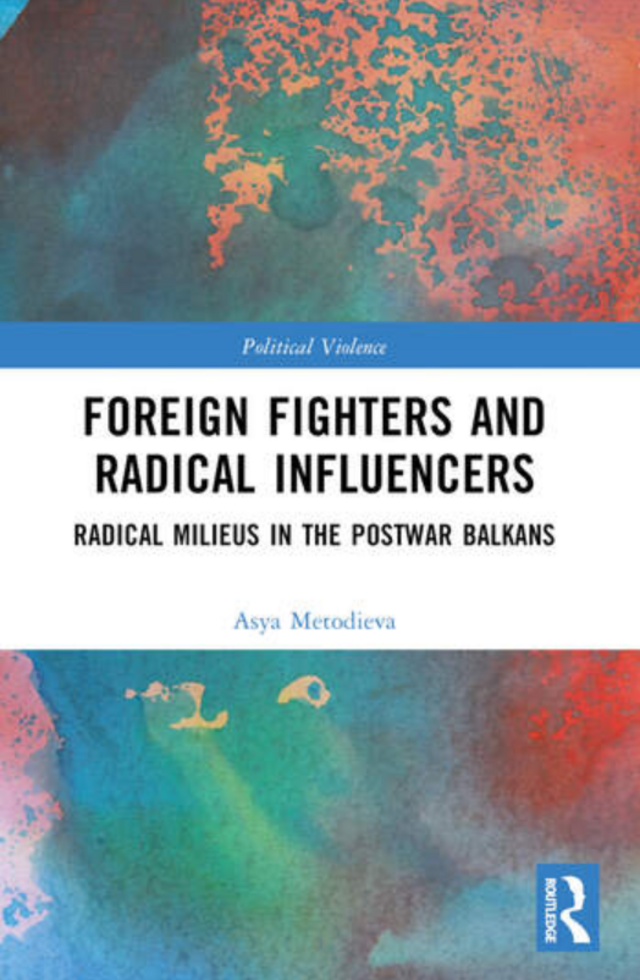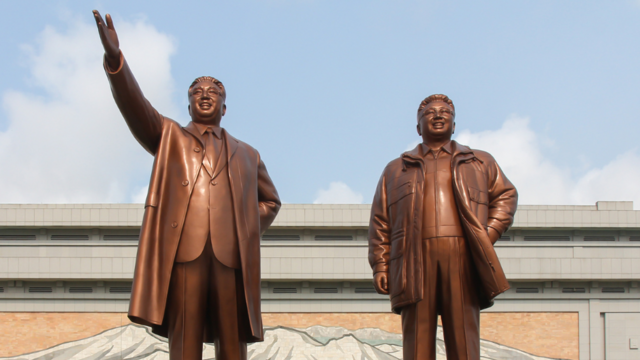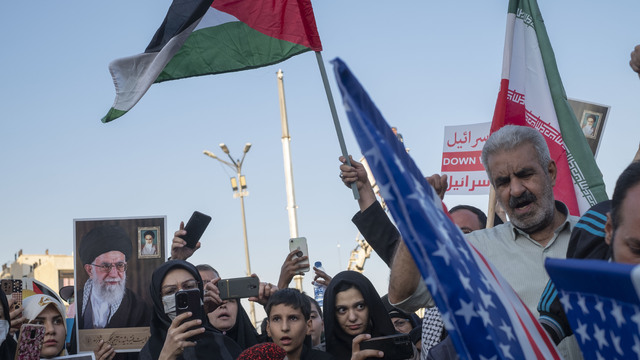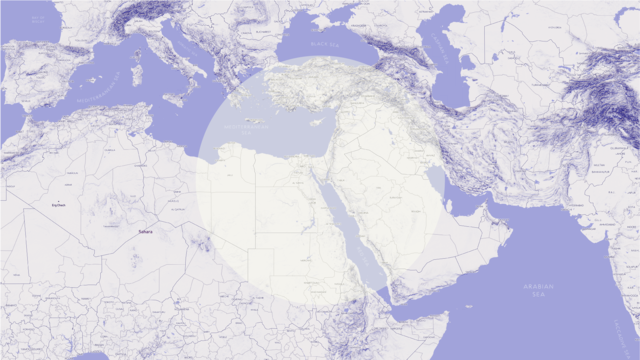Influences of Islamist Radicalization: A Configurational Analysis of Balkan Foreign Fighters in Syria
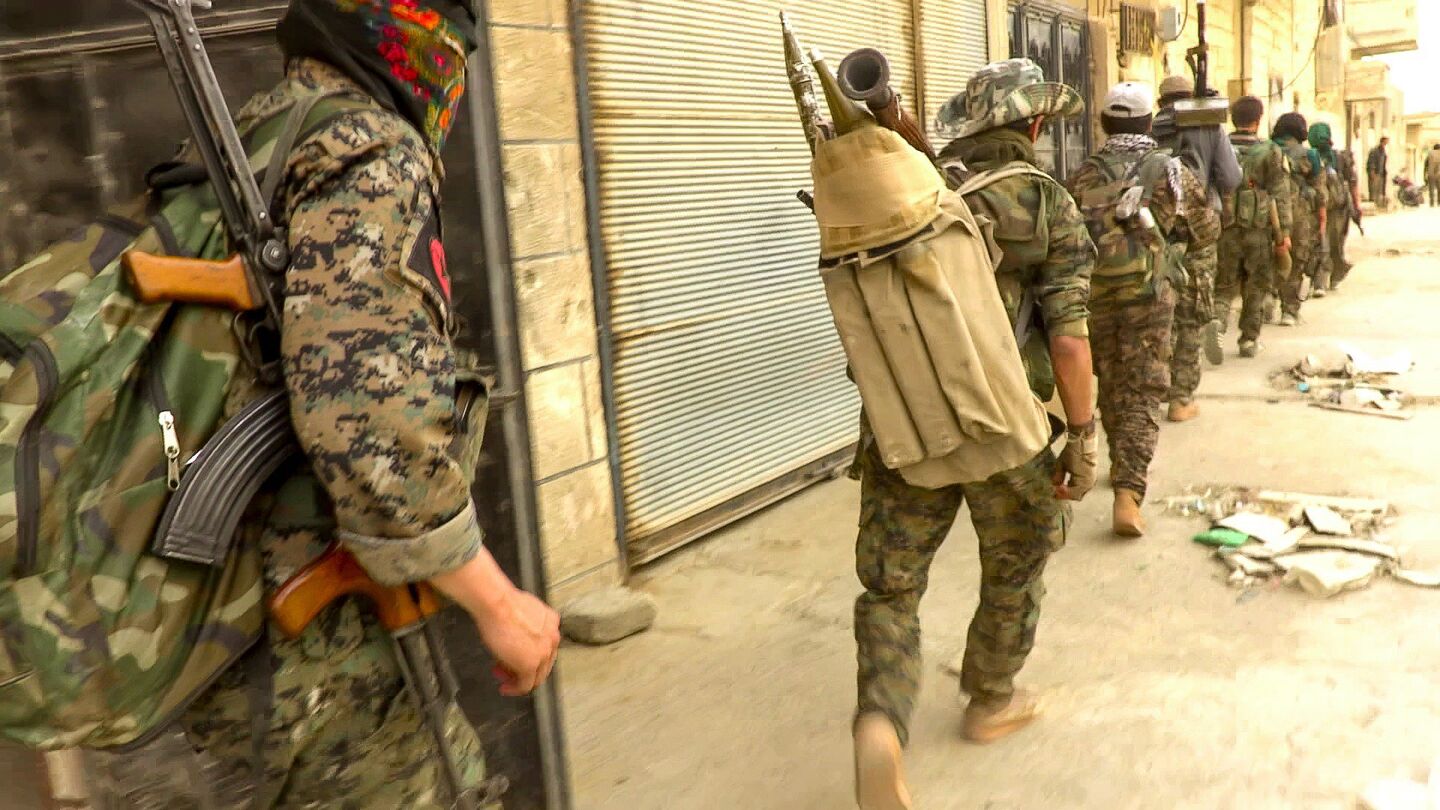
In their study, Asya Metodieva together with Michael C. Zeller, examine the interplay of individual actions and external influences in the process of radicalization, including social networks, peer pressure, propaganda, and socio-economic conditions. By analyzing data from interviews, records, and secondary sources, we uncover patterns among Balkan foreign fighters who joined Islamist groups in the Syrian War.
Recent research on Islamist radicalization has directed greater attention to the conjunctions of causes and staged processes that draw individuals into violent extremism. Yet research is still grappling with the varying extents of individual action and external factors, including social networks, peer pressure, propaganda, cultural and socio-economic conditions, on radicalization processes. At bottom, this investigation revolves around the context in which individuals live and the influences acting upon them. Identifying patterns of these conditions is essential to understanding how individuals come to engage in violent extremism. This article presents a configurational analysis of foreign fighters that travelled to fight in the Syrian War. The paper presents data gathered from interviews, security and judicial records, and secondary sources on individuals from the Western Balkans (predominantly Bosnia and Herzegovina) that joined Islamist groups in the Syrian War. Individuals’ relationship with longstanding Balkan radical milieus and with key Islamist preachers were coded. Using qualitative comparative analysis (QCA) techniques, we present a systematic description of characteristics of foreign fighters.
Find out the full-text article in the link below.
